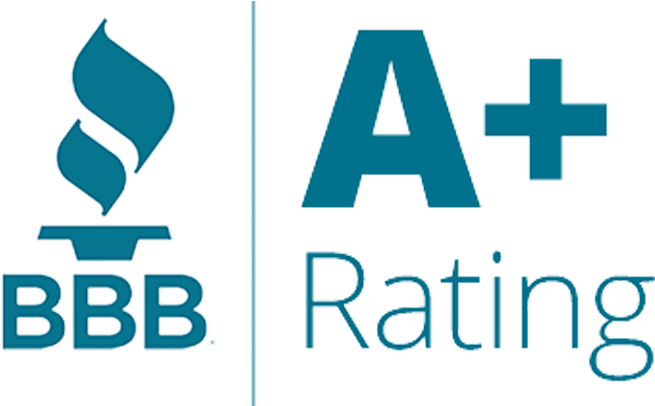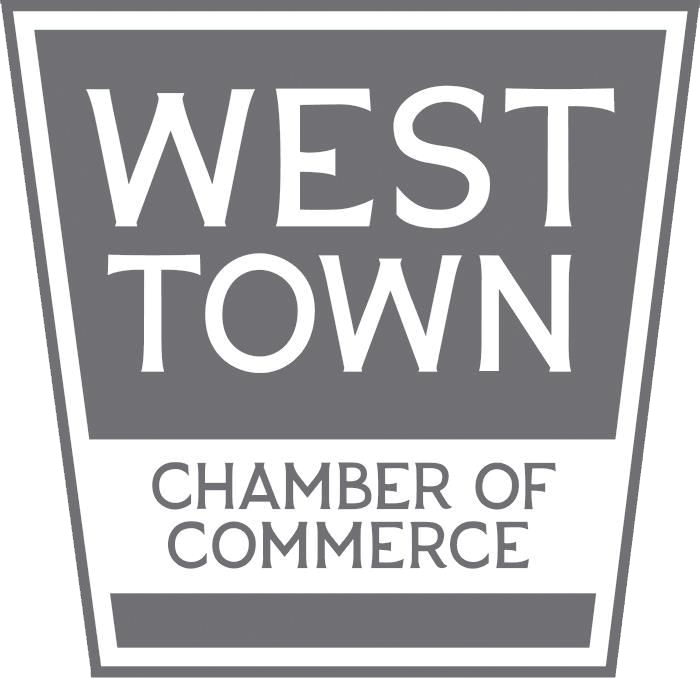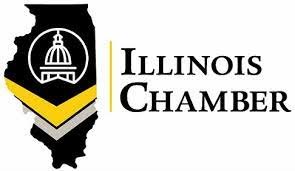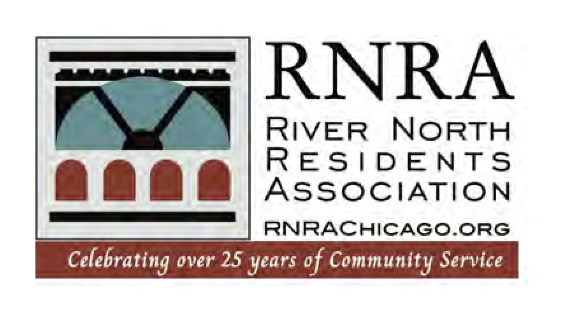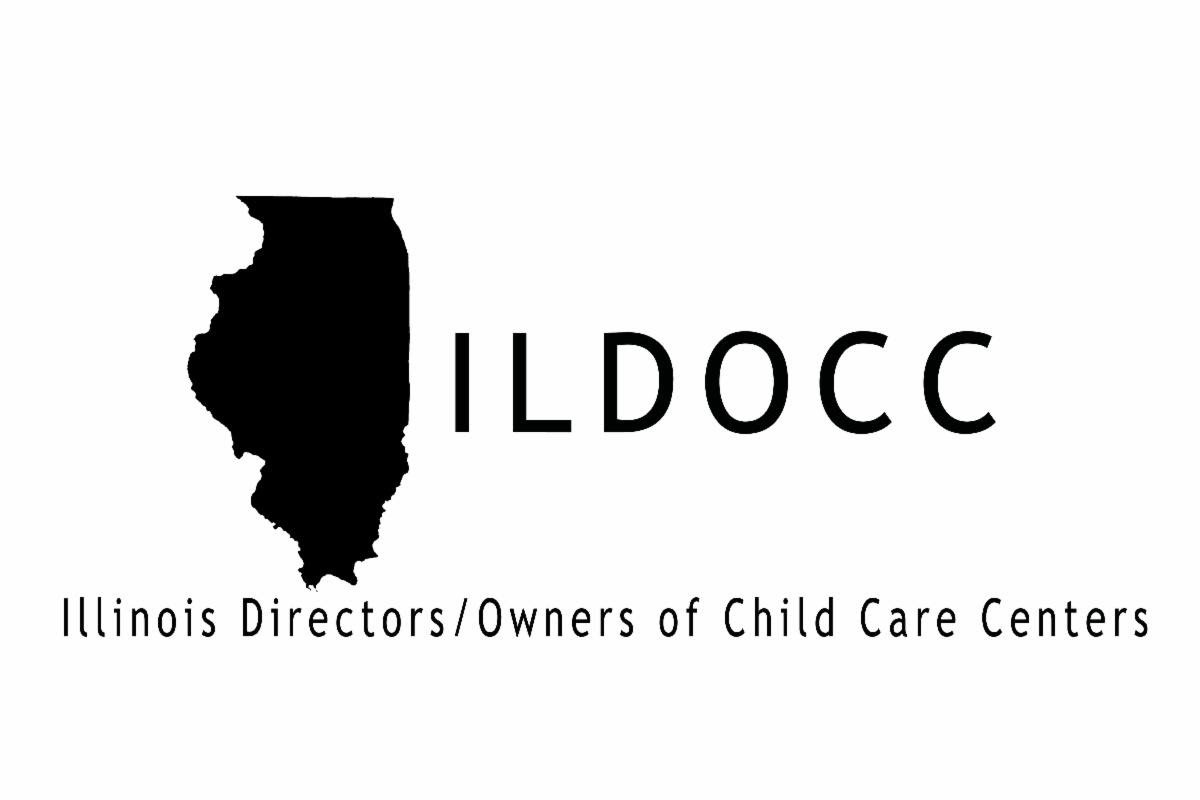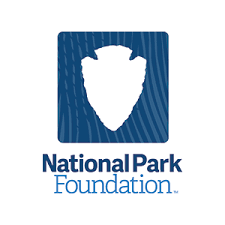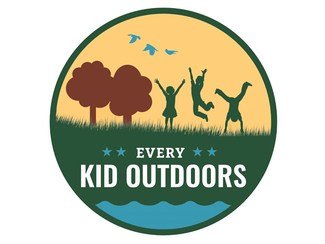Picking the best daycare for your child to stay while you're away is hard. It affects your child's safety, learning, and happiness. This choice also impacts your peace of mind and daily routine.
There are many places to choose from, so it's tough to decide. But don't worry, you'll find help here. This guide will provide essential criteria to assist in identifying the most suitable daycare for your child.
From considering nutrition and health practices to location and opening hours, let's dive into the details of what parents should look out for when picking a daycare for their babies or toddlers:
1. The Safety and Security of the Daycare
Ensuring your baby’s safety is the most crucial thing. Make sure the place you choose is allowed to look after kids and has a good record. Licensing means the daycare meets basic state standards. Accreditation goes further to show that the daycare meets higher quality standards.
Next, look at staff-to-child ratios. These ratios tell you how many children each staff member looks after. Lower ratios are better, meaning each child gets more attention and care. Look for ratios of 1:3 or 1:4 for babies. For toddlers, 1:4 or 1:5 is good. For preschoolers, aim for 1:8 or 1:10.
Childproofing is crucial in daycare settings. Check for:
Covered electrical outlets.
Secured furniture that can't tip over.
Locked cabinets for dangerous items.
Gated stairs.
Fenced outdoor play areas.
Ask about the daycare's emergency procedures. They should check IDs and only release children to approved adults. Security cameras and locked entrances add extra safety, so they should have them.
2. Staff Qualifications and Experience
It is essential to know the qualifications and personalities of the caregivers who will care for your baby. Look for daycares where staff have degrees or certificates in child development.
Background checks are a must. All staff should have clean criminal records and child abuse clearances.
Request to know the average length of employment for staff members. If people keep leaving their jobs at the daycare, it might not be a good place. Staff constantly leaving disrupts children's routines and relationships.
Good daycares support ongoing learning for their staff. They might offer training sessions, workshops, or help paying for their college courses.
3. Curriculum and Daily Activities
A good daycare provides more than just babysitting. It should offer age-appropriate learning activities. This can include tummy time, sensory play, and lots of language interaction for babies. Toddlers need activities that develop motor skills and encourage exploration, and preschoolers benefit from activities that build early math and literacy skills.
Pick a daycare where kids can learn things and also play freely. They should do activities that help them learn, but also need time to play and make friends.
Playing outside is really vital for kids to grow strong and smart. The daycare should have a safe outdoor space. Children should go outside daily, weather permitting. Ask how much time children spend outside and what activities they do.
Some daycares use technology in their programs. If so, ask how it's used. Any tech use should be educational and interactive.
4. Nutrition and Health Practices
Ask to see sample menus. Meals and snacks should be healthy and varied and meet nutritional guidelines for young children.
Check how food is prepared and stored. The kitchen should be clean and follow food safety rules, and staff handling food should have proper training.
Allergy awareness is crucial. Ask how the daycare handles food allergies. They should have clear policies to prevent exposure to allergens, such as separate prep areas or bans on certain foods.
Illness policies protect all children. The daycare should have rules about when sick children must stay home. They should also have procedures for when a child gets sick at daycare. Ask how they inform parents about illness outbreaks.
The daycare should have strict rules about storing and giving medicine. Only trained staff should handle medications.
5. Communication and Parent Involvement
Ask how the daycare keeps parents updated. Many use daily reports to share info about eating, sleeping, and activities. Some use apps or email for quick updates.
Regular parent-teacher conferences help you track your child's progress. Ask how often these happen and what they cover.
Many daycares welcome parent involvement, such as volunteering in the classroom or joining field trips. Some have parent committees that give feedback on policies. Ask about these opportunities.
Every daycare should have a clear process for handling concerns. Ask how they deal with parent complaints or conflicts between children. They should take your concerns seriously and work with you to find solutions.
6. Space and Settings of the Daycare
Look for a daycare that:
Has regular cleaning schedules.
Does quick repairs of broken items.
Has good ventilation and temperature control.
Has plenty of natural light.
Indoor spaces should be organized and inviting. Look for cozy reading corners, art spaces, and areas for active play.
Outdoor spaces should be safe and stimulating. Check for age-appropriate playground equipment and spaces that encourage different types of play, such as sand areas or garden plots.
The daycare should have plenty of toys and materials. These should be in good condition and developmentally appropriate.
Nap areas should be quiet and comfortable. Each child should have their own cot or mat. The bedding should be cleaned and washed regularly.
7. Location and Opening Hours
Ask about transportation options if the daycare isn't close to home or work. Some daycares offer pick-up and drop-off services. If you'll use these, ask about safety measures and driver qualifications.
Find out the daycare's policy for late pick-ups. Most charge fees if you're late. Know what these fees are and how they're applied.
8. Cost and Financial Considerations
Daycare costs vary widely. This should include:
Regular tuition.
Registration fees.
Supply fees.
Activity fees.
Some daycares charge extra for meals or field trips. Others include these in the base tuition. Know what's included to avoid surprise costs.
Ask about payment policies. When is payment due? What payment methods do they accept? Are there discounts for paying in advance or for enrolling multiple children?
Late payment fees can add up quickly. Know the daycare's policy on late payments. Some might suspend care if payments are too far behind.
If daycare costs are a challenge, ask about financial assistance. Some daycares offer scholarships or sliding scale fees based on income.
Conclusion
Choosing the right daycare involves many things. Safety, staff quality, and educational programs are essential. Health practices, communication, and the physical environment are also important. Location, hours, and cost also play big roles in your decision. Visit several daycares before choosing.

